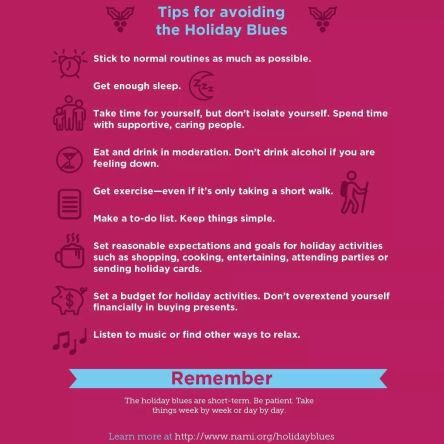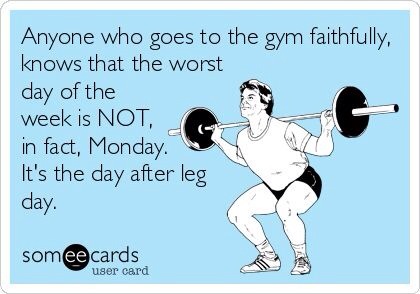We live in a society where strength is valued. Our culture values physical, emotional, mental, and spiritual strength. According to Ran Zilch (2010), strength means having physical power, having great mind and moral power, and having resources. In the extreme culture we live in we see the strongest, the smartest, and the richest as the most successful and powerful. As a result those of us that are normal and are not Dana Lynn Bailey, not Steve Jobs or Mark Zuckerburg, or are not Donald Trump believe we are not enough.
If this what we think then this is what we will start to believe. If you believe you are not strong enough you will feel not strong enough. This is not because you are weak it is because of automatic negative thoughts. Every single day you engage in behaviors and make decisions, all of which require thinking. Because of automatic thinking most decisions and behaviors are performed with ease and minimal effort. Imagine how your life would be if it took great thought to brush your teeth, drive to work, or have a conversation with a friend. Automatic thinking keeps us functioning from day to day (Epstude & Roese, 2011). Negative automatic thoughts develop when we compare our realistic situation to our expectation. Here is an example of how negative automatic thinking works, “If I am feeling depressed then I must not be emotionally strong enough” (Byrne, 2005). This thought will develop in the mind with minimal effort and because your evaluation of the situation seems true to you, this thought will stick. Negative thinking can cause isolation and depression. Because we value strength it can seem shameful to share these thoughts and feelings to someone else. You may think something like, “if I say how I really feel people will think I am weak”. People think that negative emotions means they are flawed. Therefore people tend to keep these thoughts and feelings quiet. Research after research study cites the importance of support to improve health and accomplish goals. However if we are letting our negative thinking get in the way then we are not allowing ourselves to accept support from others.
Negative thinking can be corrected. It takes effort but using support from others will help correct harmful negative thoughts. When in doubt, when unsure, when scared, when sad, and when upset one of the best things to do is reach out for support. Here are some common negative thinking patterns that cause depression, frustration, and emotional upset and how you can use support to challenge the negative thinking to feel better.
- “Should”‘ing all over yourself. Thinking things that include “I should”, “I must”, “I ought” only cause us to feel guilty. Thinking this way increases shame, frustration, and is a form of self-punishment. Escape this messy trap by sharing this thinking with a trusted friend or loved one. Allow yourself to be open to their feedback and listen to what they have to say. Their perspective will eliminate your guilt and remind you do not “have to” do the thing you think you “must, should, or ought”. Allow your loved one to tell you it is OK to break the rules from time to time.
- What we feel must be true. In other words if you are feeling sad and lonely you believe no one wants to be with you because you are a depressing person. However research shows that interacting with people daily influences thinking (Lakey & Tanner, 2013). If you want to counteract your negative thinking encourage your family members to focus on the positive. Or spend more time with people that are full of energy and positivity.
- Focusing on only the negative aspects. There are situations, circumstances, and trials in life that cloud the daily good things that happen. Rather then recognize the positive things that can happen daily people become focused on only thinking about the bad and ignore the good. To overcome this thinking trap try using capitalization. Capitalization is the process of sharing the daily positive things that occurred with a loved one (Otto, Laurenceau, Siegel, & Blecher, 2014).
Believe it or not, more positive things happen in a day then negative things (Gable & Haidt, 2005). One study found that when women with breast cancer shared the positive daily events with a partner they experienced increased positive emotions and improved relationship satisfaction (Otto, Laurenceau, Siegel, & Blecher, 2014). If you are struggling to see the good start a daily journal where you write all the good and all the bad things that happened in a day and share with a close friend or partner.
Resources:
Byrne, R.M.J. (2005). The rational imagination: How people create alternatives to reality. Cambridge, MA: MIT. Epstude, K & Roese, N. (2011). When goal pursuit fails. The functions of counterfactual thought in intention formation. Social Psychology, 42(1), 19-27.
Otto, A., Laurenceau, J., Siegel, S., & Blecher, A. (2014). Capitalizing on everyday positive events uniquely predicts daily intimacy and well-being in couples coping with breast cancer. Journal of Family Psychology. Advance online publication. http://dx.doi.org/10.1037/fam0000042 Zilch, R. (2010). Building inner strength. What does it mean to be strong? Psychology Today. Post published August 17, 2010 in Confessions of a Techie. https://www.psychologytoday.com/blog/confessions-techie/201008/building-inner-strength



